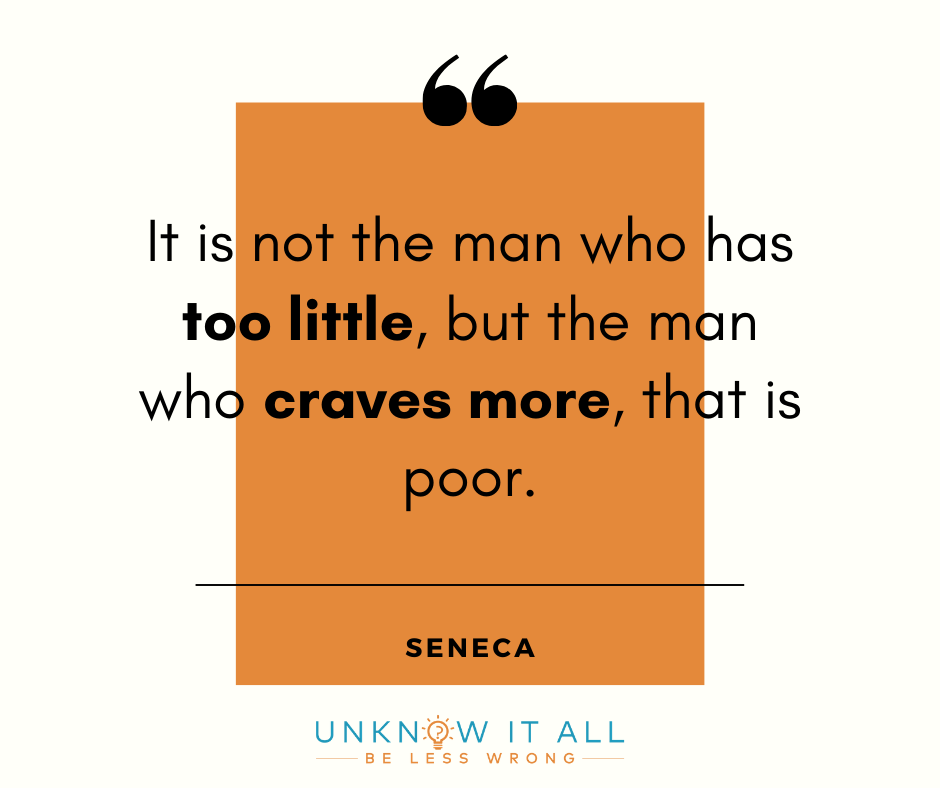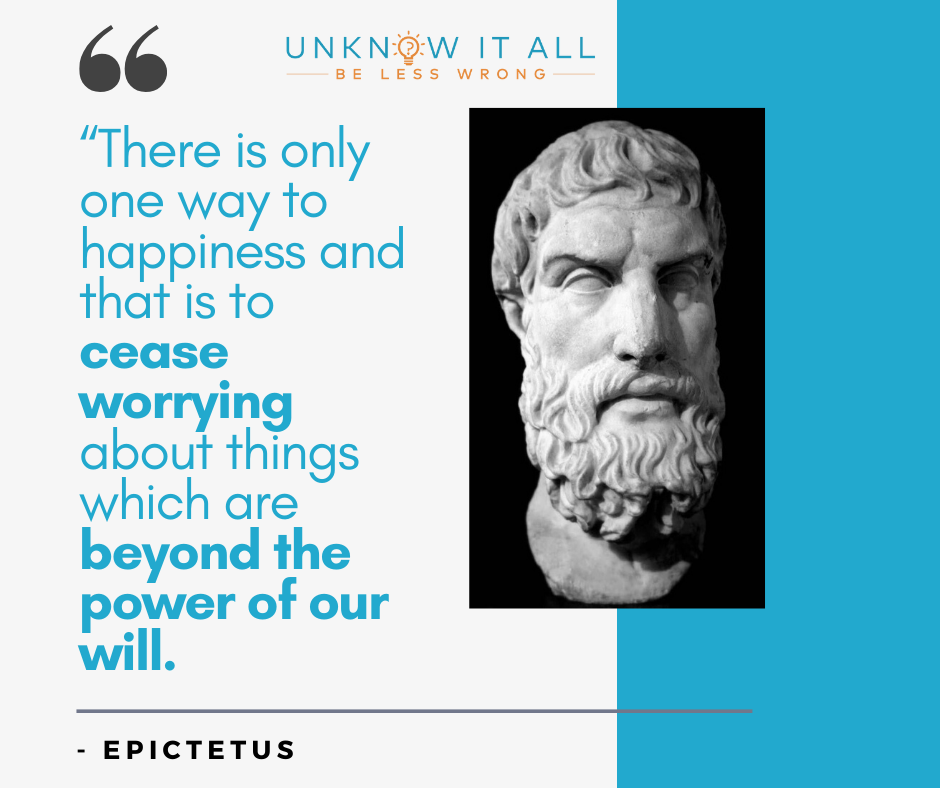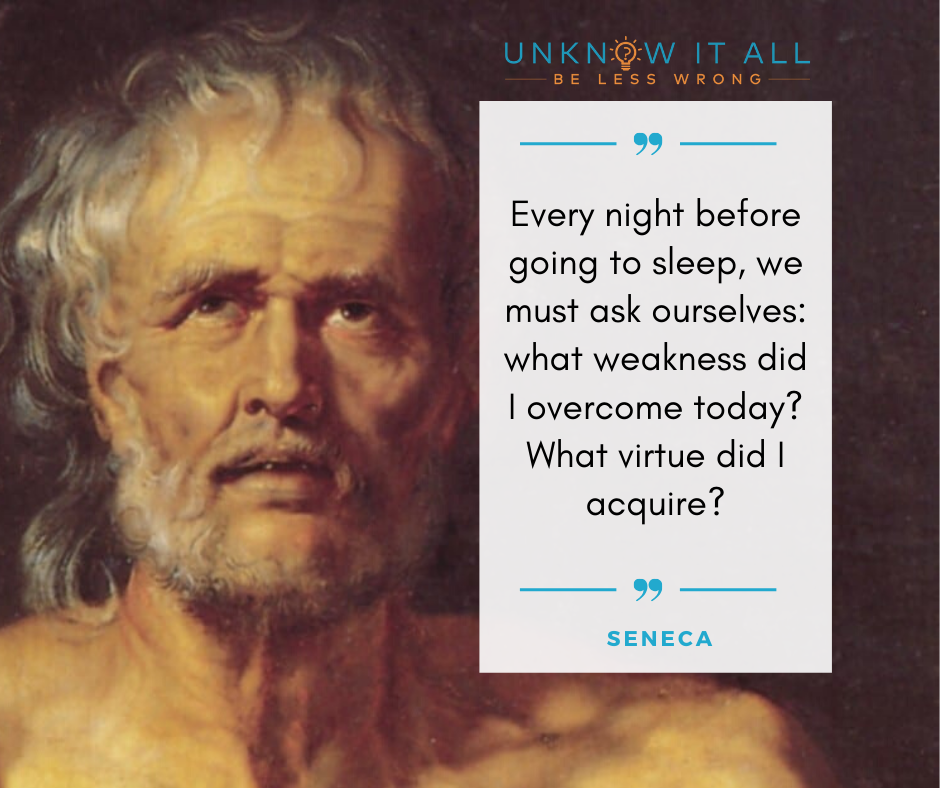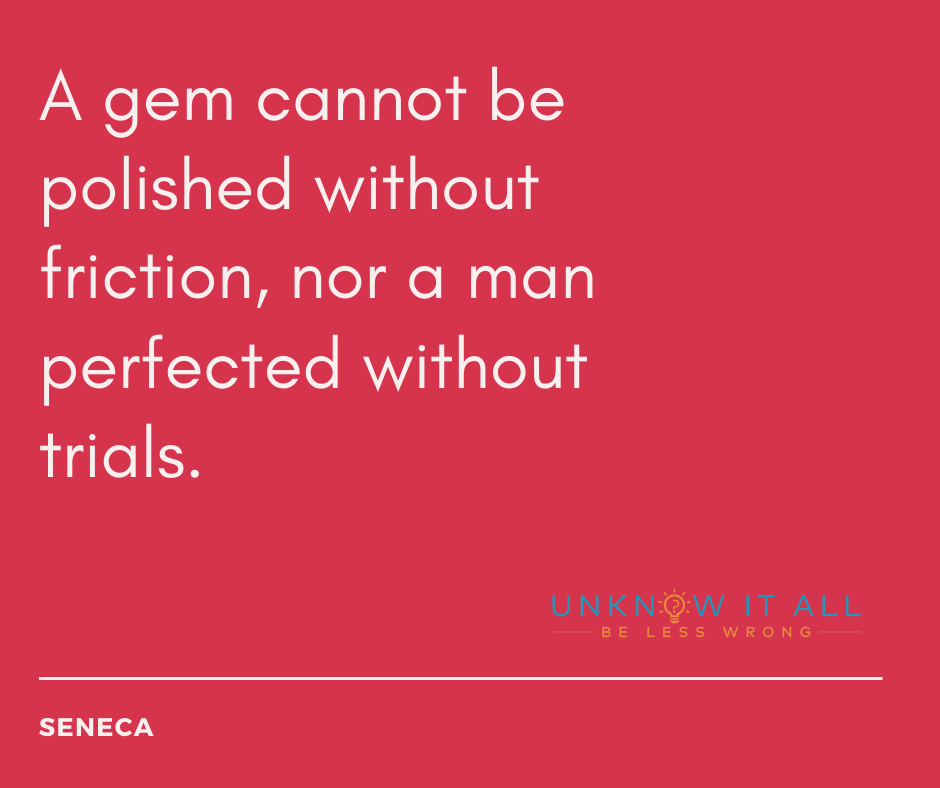Somewhere out there is a person who has everything you’ve wanted.
They’re living your ideal lifestyle – they have the career, bank balance, car, house, clothes and travel plans that haunt your waking dreams.
Let’s make it worse – they’re living a real-life, Disney-worthy fairy-tale with their “soulmate”. Yeah, and they’re super good-looking too.
You might be feeling a touch of envy thinking about this person right now. How about a dash of anxiety as well at feeling like you owe it to yourself to live up to that standard?
This kind of “status anxiety” is a direct consequence of living in a world that quantifies our personal success through the prestige of our LinkedIn profile and the number of followers we have on Instagram. It is second-nature to worry about having to prove ourselves and being seen as “good enough” in the eyes of a society that tells us there’s nothing worse than being a “loser”.
But there’s a catch that nobody tells you.
The trouble with proving yourself through material success
That person living your dream lifestyle and representing every ideal of achievement you have? They’re just as worried about being seen as a loser as you are. No matter how much we achieve externally, the feeling that what we’ve accomplished and who we are may not be “good enough” persist. The need to prove ourselves never quite goes away, no matter how much money and status we have.
Don’t just take my word for it. Billionaires feel inadequate comparing themselves to other billionaires. Olympic champions frequently experience depression after winning their medals. And we all know about the musicians and actors who have problems with drug and alcohol abuse at the height of their fame.
To make things worse, professional/career success is just one aspect of life. What about in our personal lives as well, where we also must prove ourselves as friends, partners, parents and siblings?
Don’t get me wrong. I’m a huge fan of self-development and the growth mindset – the belief that we can, and must aim to grow and improve our abilities. But the growth mindset, like anything else, can be toxic and dangerous in excess. We’re in trouble when we can’t perceive the difference between “you can do anything” and “you have to be everything”. Even if we’re lucky enough to have no one else berating us, our harsh inner critics may never let up on their constant judgements about how we should be striving for more.
And so, a lot of us go through life as hamsters glued to a wheel that never stops turning. Round and round we go, telling ourselves that what we already do and have is not enough – we need more. Happiness, we convince ourselves, is just another turn away.
The true path to glory
Finding that Holy Grail of happiness might be possible, but it’s not going be through winning the rat-race of status and achievement.

What we need is to experience a radical shift in our mindset about what should matter in life. Right now we live in a world that hammers to us several messages that we must unknow:
That material achievement matters more than inner fulfilment.
That social status matters more than character.
That the end justifies the means.
What do we do? How can we change our mindset so that we can achieve what really matters in life?
Enter: Basic Stoic philosophy. It has a few gems of advice to offer:
1.Focus only on things that are under your control

What things can we control? There are stark limitations to our power:
Things in our control are opinion, pursuit, desire, aversion, and, in a word, whatever are our own actions. Things not in our control are body, property, reputation, command, and, in one word, whatever are not our actions.
– Epictetus
Wisdom lies in recognizing that we cannot control many of our fortunes and misfortunes in life. We have little control what the people around us say or do. We can’t even fully control our own bodies; they get damaged and sick and ultimately die without caring about our say in the matter. The only things that we can fully control are how we think about things, the judgements we make, and the actions we take.
At first glance, this perspective on things might be terrifying. But the more we internalize it, the more liberated we become.
After all, if something is out of your control, why bother about it? There’s nothing you can do, so don’t waste your energy. And if something is indeed in your control, then why bother about it as well? Just go ahead and do it.
We spend a lot of time worrying about our social status, wealth, career prospects, and the success and failure of our projects and relationships. But luck, chance and the actions of other people play a huge role in determining the outcomes of each of these things. So the only thing we can do then, is to just to do the best that we can with what we’ve been given, and make our peace with whatever the outcome is. This is all that can be reasonably asked of any person.
2.Focus on developing virtue
So now let’s move on to what is fully under our control: our thoughts and actions. These determine who we are as people. This means we need to take our drive to excel and prove ourselves and channel it instead towards building our character.
The ancient Greeks had a useful term here: Arete. It means excellence, especially in regards to moral virtue. Arete is what makes us happy to be us. Ironing out our flaws and straightening out our weaknesses may not be easy, but there are few things more meaningful in life:
- We will have greater self-esteem for taking on the challenge and doing something worthwhile
- We have greater self-respect because we’re proving that we make good decisions and that we can trust ourselves
- Our sense of self-efficacy increases because we’re growing in our capabilities.

3.Let the obstacle become the way
Something that we’re told a lot in the modern world is to be a positive person and to expect things to go well at all times. It’s a nice thought, but it can lead to more harm than good. We can fall prey to toxic positivity, which is when we feel we must portray ourselves as being happy no matter what. Covering up our true feelings with a layer of forced happiness and pretending there’s nothing wrong is dangerous.
Paradoxically, what does work to increase our true happiness is to take nothing for granted. We must always assume that the worst can happen at any time. Far from increasing our anxiety, this attitude helps ground us. Once we accept that trials, misfortunes and difficulties in life are inevitable and must be faced head-on, we can then focus on what these situations can teach us and how we can overcome them. The mindset that this produces – “No matter what happens, I will be ok.” is the path to real strength and resilience.
So how do we go about developing the ability to create value out of any situation, no matter how awful it seems? It lies in understanding that if there is an obstacle currently blocking our happiness/success, it is in overcoming that particular obstacle that we will develop our strength, abilities and resolve. In other words – the barriers we face also represent our way forward.
Say you’re someone who is very shy and can’t talk to strangers. Think of your shyness not as a barrier holding you back in life, but as the entry point to the road ahead. Every day that you spend on overcoming your shyness takes you closer to where you want to go, and who you want to be.

Happy Endings
In committing to this path, we are promised to attain Eudaimonia. Eudaimonia is a state of meaningful happiness that arises out of reaching our full potential as human beings. For those of us who are tortured by thoughts of having to prove themselves, there can be no greater goal.
But even if eudaimonia remains but a distant dream and we never quite get there, that’s alright. Because on the way, we lose the need to prove ourselves. In fact, we realize that there was never any need to prove ourselves at all in the first place. Instead, we become what we have been hoping for all along – the best version of ourselves.

